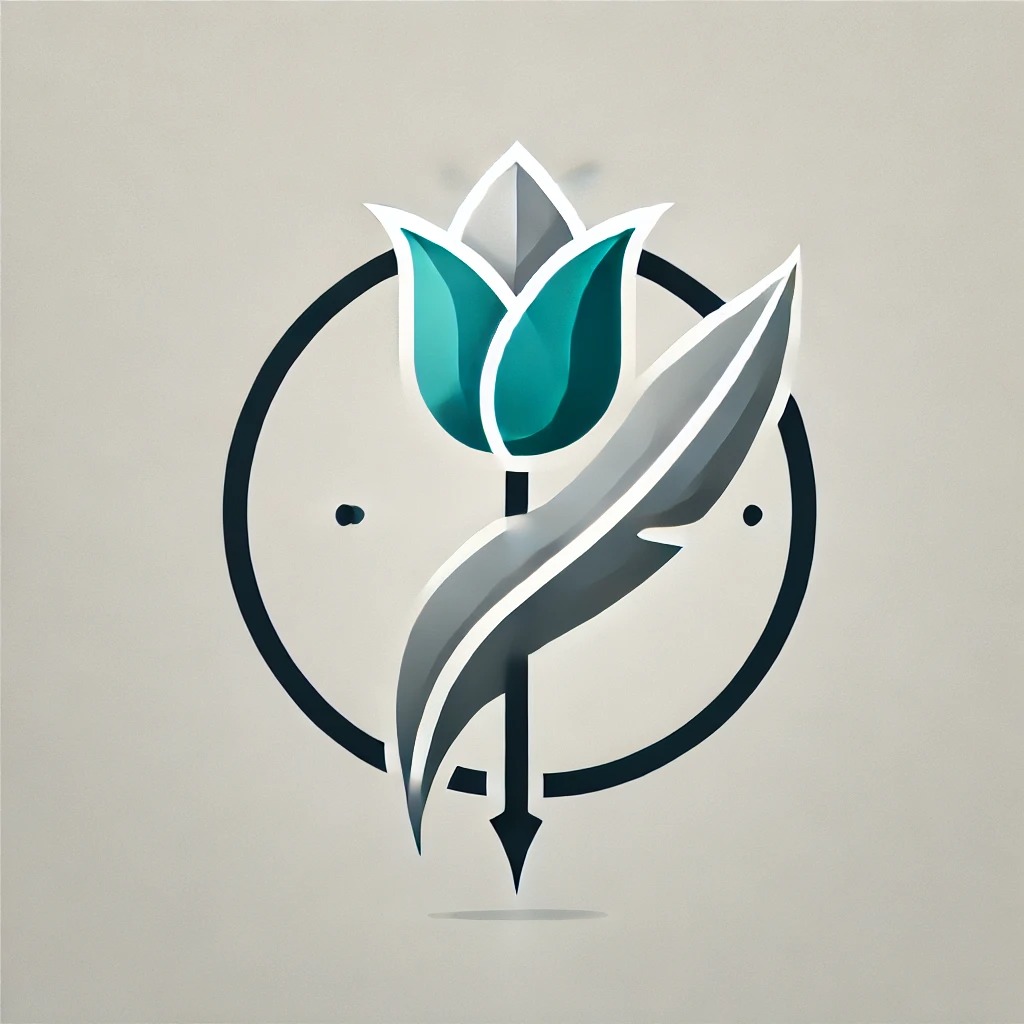
Sevdan Beni (Ahmed ARİF)
Original Version
Coordinator/ Human Translation
Machine Translation (Google Translate)
SEVDAN BENİ
Terketmedi sevdan beni,
Aç kaldım, susuz kaldım,
Hayın, karanlıktı gece,
Can garip, can suskun,
Can paramparça…
Ve ellerim, kelepçede,
Tütünsüz uykusuz kaldım,
Terketmedi sevdan beni…
YOUR LOVE
Your love didn’t abandon me, I remained hungry, thirsty, Treacherous, the night was dark,
A lonely soul, a silent soul, My spirit shattered…
And my hands, in shackles, Deprived of tobacco and sleep,
Your love didn’t abandon me…
LOVE ME
Your love didn’t leave me,
I’m hungry, I’m thirsty,
Come on, it was dark at night,
The soul is strange, the soul is silent,
Can shatter…
And my hands, in handcuffs,
I’m sleepless without tobacco
Your love didn’t leave me…
ritical Reading and Analysis: Çıraklı “A Modest Proposal for Critical Reading”
Ahmed Arif, the Turkish poet, penned "Sevdan Beni" amidst a time of significant political and social turmoil in Turkey, spanning from the 1950s to the 1960s. The poem captures the deep emotions of the era, exploring themes of love, betrayal, and existential uncertainty. Arif's work reflects the personal challenges he faces in the midst of larger societal issues, resonating with the thoughts and feelings of his generation.
Through the use of rich metaphors and images, Ahmed Arif builds a story that is filled with emotional turmoil and societal change. In this setting, sentiments of longing, deprivation, and despair are prevalent, and the night serves as a metaphor for the ambiguity and darkness that comes with the situation.
Bireysel Şairler / Individual Poets
Equilibrium: The speaker endures suffering and hardship. Disruption: Despite the hardship, love (or loyalty) remains steadfast, disrupting any possibility of emotional detachment or relief. Recognition: The speaker acknowledges the continuous presence of love, despite all forms of deprivation. Attempt to repair the damage: The speaker remains emotionally attached to love, accepting the suffering as an integral part of their existence. New equilibrium: The speaker’s love remains unchanged and enduring, even though it brings pain and no escape from suffering.
despite extreme physical and emotional hardship. The repetition of "Terketmedi sevdan beni" (Your love didn’t leave me) reinforces the idea that love is an unshakable force, even in the darkest times. Isolation and Loneliness: The speaker expresses a deep sense of isolation through phrases like "Can garip, can suskun" (The soul is lonely, the soul is silent), suggesting that while love remains, there is also a profound loneliness and quiet suffering that accompany it. Physical and Emotional Suffering: The speaker vividly describes their physical deprivation—hunger, thirst, sleeplessness, and imprisonment ("Aç kaldım, susuz kaldım," "Ellerim kelepçede"). These hardships mirror the speaker’s emotional state, where the presence of love is both a solace and a source of pain.
• Love vs. Suffering • Light vs. Dark • Freedom vs. Captivity





